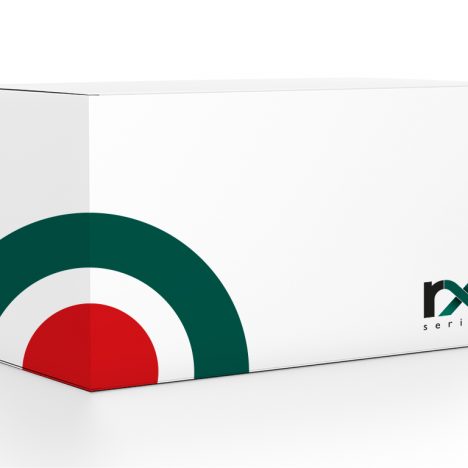sdLDL-Cholesterol assay
For the quantitative in vitro determination of sdLDL-C in serum or plasma. This product is suitable for automated, semi-automated and manual use.
$2,599.20
In stock
Description
Description
Intended Use
For the quantitative in vitro determination of sdLDL-C in serum or plasma. This product is suitable for automated, semi-automated and manual use.
Clinical Significance
LDL-C is considered a critical risk factor for developing CHD and cardiovascular disease (CVD). The qualitative features of the LDL particles also play an important role in the development of CHD, particularly in view of the predominance of sdLDL-C particles. sdLDL-C particles have been suggested to be highly atherogenic due to their higher penetration into the arterial wall, their lower binding affinity for the LDL receptor, their prolonged plasma half-life and their lower resistance to oxidative stress compared to that of large buoyant LDL cholesterol (lbLDL-C).
A recent report has confirmed that a predominance of sdLDL-C is a strong and independent predictor of CAD/CHD. Another study demonstrated that the LDL size is markedly smaller, and that small, dense LDL-cholesterol levels are significantly higher, in CAD/CHD patients than in controls; there also is a clear relationship between sdLDL-C levels and the severity of CAD/CHD .
To date, ultracentrifugation and electrophoresis-based methods are used for the measurement of sdLDL-C but these methods are both laborious and time-consuming. The sdLDL-C test is a direct method for the quantitative determination of sd LDL-C, using automated chemistry analyzers capable of accommodating two-reagent assays. The test is completed within 10 minutes.

